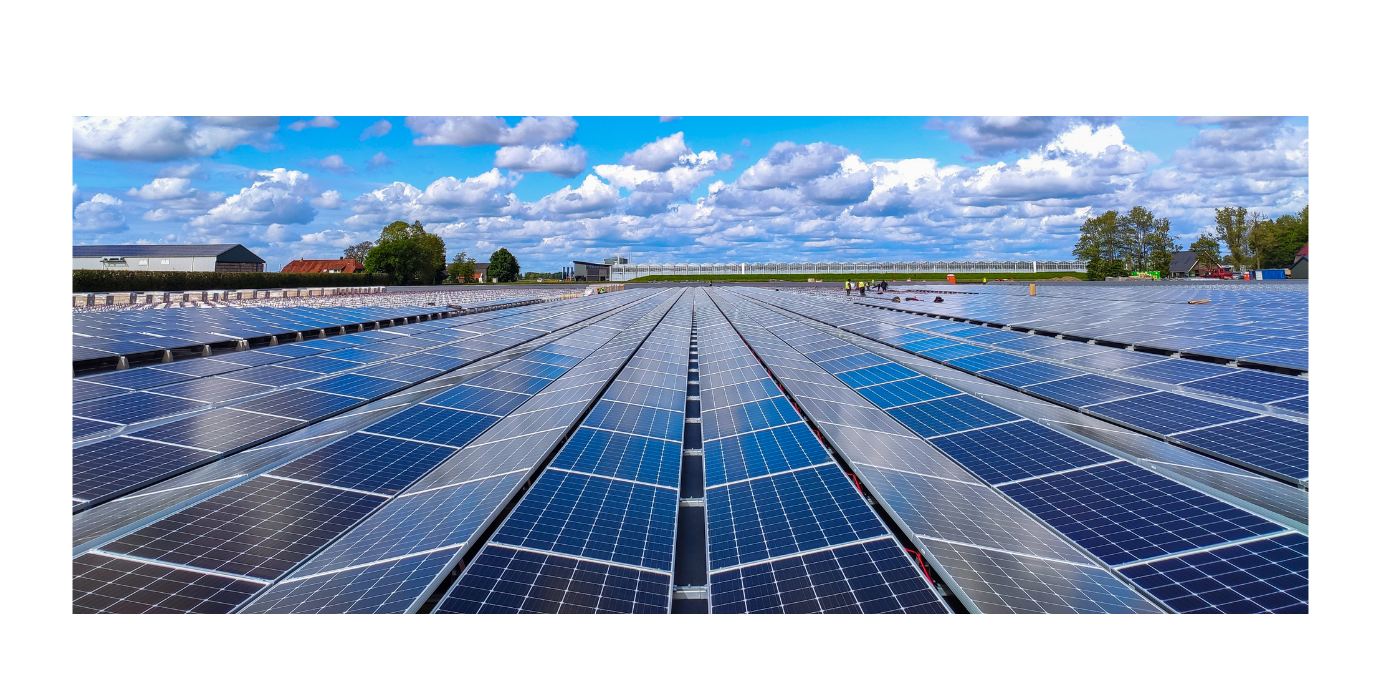In today’s rapidly evolving world, the need for sustainable and renewable energy sources has never been more critical. Among the various options available, solar energy stands out as a powerful and accessible solution. At the heart of this revolution lies solar panel technology, a marvel of modern engineering that harnesses the sun’s energy to power our lives. This blog post will explore how solar panel technology works and why it is increasingly important in 2024.

Introduction to Solar Panel Technology
Solar panels have come a long way since their inception. Initially considered an expensive and inefficient method of energy generation, advancements over the years have significantly improved their efficiency and affordability. Today, solar panels are a common sight on rooftops, in vast solar farms, and even in innovative applications like solar-powered cars and portable chargers. Understanding how they work and why they matter can provide valuable insights into the future of energy consumption and environmental sustainability.
How Solar Panels Work
At its core, solar panel technology converts sunlight into electricity through the photovoltaic (PV) effect. Solar panels consist of multiple solar cells, typically made of silicon, which absorb sunlight. When sunlight strikes these cells, it excites electrons, creating an electric current. This current is then captured and converted into usable electricity.
The efficiency of solar panels depends on several factors, including the quality of the materials used, the design of the panels, and the amount of sunlight received. Innovations in materials, such as the use of perovskite and multi-junction cells, have dramatically increased the efficiency of solar panels, making them more viable for widespread use.

Benefits of Solar Panels
One of the most significant advantages of solar panels is their environmental impact. Unlike fossil fuels, solar energy is clean and renewable, producing no greenhouse gas emissions during operation. This makes solar panels a crucial tool in combating climate change and reducing our carbon footprint.
Additionally, solar panels offer economic benefits. The cost of solar panels has decreased significantly over the past decade, making it more affordable for homeowners and businesses to invest in solar energy systems. With the right setup, individuals can reduce or even eliminate their electricity bills, leading to substantial long-term savings. Furthermore, many governments offer incentives and rebates to encourage the adoption of solar energy, further offsetting initial costs.
Solar Panels in Everyday Life
Solar panel technology is becoming increasingly integrated into our daily lives. Residential solar panels are now a common feature on homes, providing clean energy and reducing reliance on the grid. Commercial buildings and industrial facilities are also turning to solar power to cut costs and promote sustainability.
In addition to stationary applications, solar panels are being used in innovative ways. Solar-powered vehicles, for example, are gaining traction as a sustainable transportation option. Portable solar chargers are also popular among outdoor enthusiasts, allowing them to power devices while off the grid. These diverse applications highlight the versatility and potential of solar panels.

The Future of Solar Panel Technology
The future of solar panels looks promising, with continuous advancements on the horizon. Researchers are exploring new materials and designs to further enhance efficiency and reduce costs. For instance, bifacial solar panels, which capture sunlight on both sides, are becoming more prevalent, offering increased energy output.
Moreover, integrating solar panels with energy storage systems, such as batteries, is a growing trend. This combination allows for the storage of excess energy generated during sunny periods, ensuring a reliable power supply even when the sun isn’t shining. Such innovations will play a crucial role in achieving energy independence and transitioning to a sustainable energy future.
Conclusion
In conclusion, solar panel technology is a transformative force in the quest for sustainable and renewable energy. By converting sunlight into electricity, it offers a clean, efficient, and cost-effective solution to our growing energy needs. As we move forward into 2024 and beyond, continued advancements in solar panel technology will be essential in addressing climate change, reducing our reliance on fossil fuels, and creating a more sustainable world. Embracing solar panel technology is not just an investment in our energy future but a commitment to a cleaner, greener planet for generations to come.







